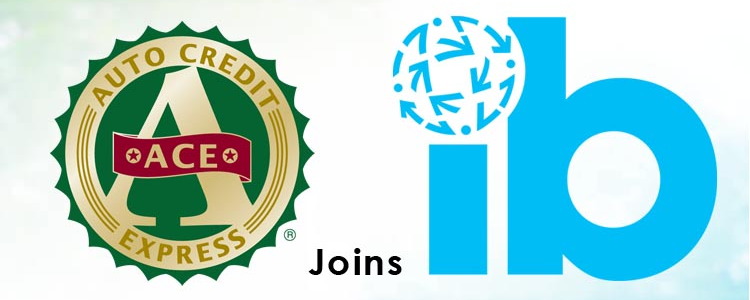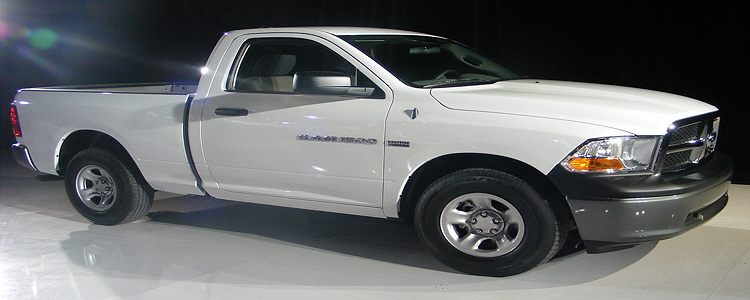Before you jump into buying a brand new car, you need to make sure you're ready for the commitment of taking out an auto loan. Let's look at the top five things to know before you buy a new vehicle.
Top 5 Things to Know about Buying a New Car
Getting a new car is a big responsibility. Financially, vehicles are typically the second most expensive thing Americans finance, and there's a lot more to it than picking out a car and driving off the lot. Think about these five points before signing on the dotted line:
 Know where your credit stands. This means getting your credit score and copies of your credit reports. When you know what lenders are seeing, it gives you a chance to prepare for the right type of loan. Knowing exactly what's on your credit reports also gives you the opportunity to improve your credit, if necessary, before you buy a vehicle. Doing this could lead to a better interest rate and terms for your loan.
Know where your credit stands. This means getting your credit score and copies of your credit reports. When you know what lenders are seeing, it gives you a chance to prepare for the right type of loan. Knowing exactly what's on your credit reports also gives you the opportunity to improve your credit, if necessary, before you buy a vehicle. Doing this could lead to a better interest rate and terms for your loan. - Know your budget. Calculating how much you can afford to spend, as well as for a monthly payment, is the key to taking out a loan that won’t stretch you too far financially. Don't forget to take into account both your debt to income ratio and your payment to income ratio. Also, keep in mind that the selling price of the car you choose is only the tip of the iceberg. Owning a vehicle is expensive and you have to remember to budget for things like tax, title, and license fees, as well as fuel, insurance, and repairs.
- Know your vehicle needs. If your credit is less than perfect, don't think about your dream car, or get stuck on a particular model because it comes in your favorite color. Think about why you drive, who spends the most time in the vehicle, and how much of your stuff you have to make room for. If it's just you commuting to work with a briefcase, your needs are different than if you have four kids and a cello to haul to and from school every day. Making a needs and wants list can help you keep your options realistic.
- Know your options and when to shop. Now that you've taken a look at why you need your car, and what you need from it, it's time to explore your options. Don't rely on a salesperson to sell you a vehicle that you don't know anything about. When you research cars beforehand, look at their safety ratings, available features, and owner feedback. Check out what other owners like and dislike about a particular model, and look at how well a vehicle holds its value. Plus don’t forget to look for rebates and offers that could save you money.
- Know where to go for the right car loan. If your credit is good, you most likely have your choice of shopping for direct lending or going through a dealership for an indirect loan. However, if you're struggling with credit issues, getting a direct loan can be difficult, so visiting the right kind of dealer that has the lenders available to help people with poor credit is important. Not all dealerships work with these kinds of lenders.
A New Car isn't Out of Reach
Even if you do have poor credit, a new car may not be beyond your reach. In fact, there are dealers all across the country that work with people who have low credit, bad credit, and even people who've been through bankruptcy.
The lenders these dealerships are signed up with are called subprime lenders, and they can approve borrowers by looking beyond your credit at other factors like income, employment, and residency. Though the specifics vary by lender, you're typically required to provide the following information in order to be approved for a loan:
- Proof of income – Must be a recent computer-generated check stub showing year-to-date income. Subprime lenders generally require borrowers to make between $1,500 and $2,000 a month before taxes.
- Proof of residency – A current utility bill in your name, at the address listed on the application. Keep in mind that the account should be current; showing a past due balance when trying to qualify for a loan is generally an issue.
- Proof of a working telephone – A landline or contract cell phone in your name is a must. Prepaid or month-to-month plans don't count.
- Personal references – A list of six to eight personal references, including friends, family members and coworkers, complete with names, addresses, and both home and work phone numbers are required.
- A down payment – Subprime lenders usually only require a minimum of $1,000 down, or 10 percent of the vehicle's selling price, whichever is less. Keep in mind, however, that the higher the down payment for a car, the more you save in interest charges over the term of your loan. In fact, a large enough down payment could reduce or eliminate the amount of time your car has negative equity, reduce your monthly payments, and/or even allow you to reduce the loan term.
- A valid driver's license
Don't Know Where to Turn?
If you need to find a subprime lender that can help you get a car loan, let Auto Credit Express Help. We work with a large network of special finance dealers that have the lending resources to help people in many types of credit situations. Our network stretches from coast to coast, so we can help you find a dealership in your local area. Don't wait any longer to get the new vehicle you need, simply fill out our easy auto loan request form now, and we'll get to work matching you with a dealer!
















